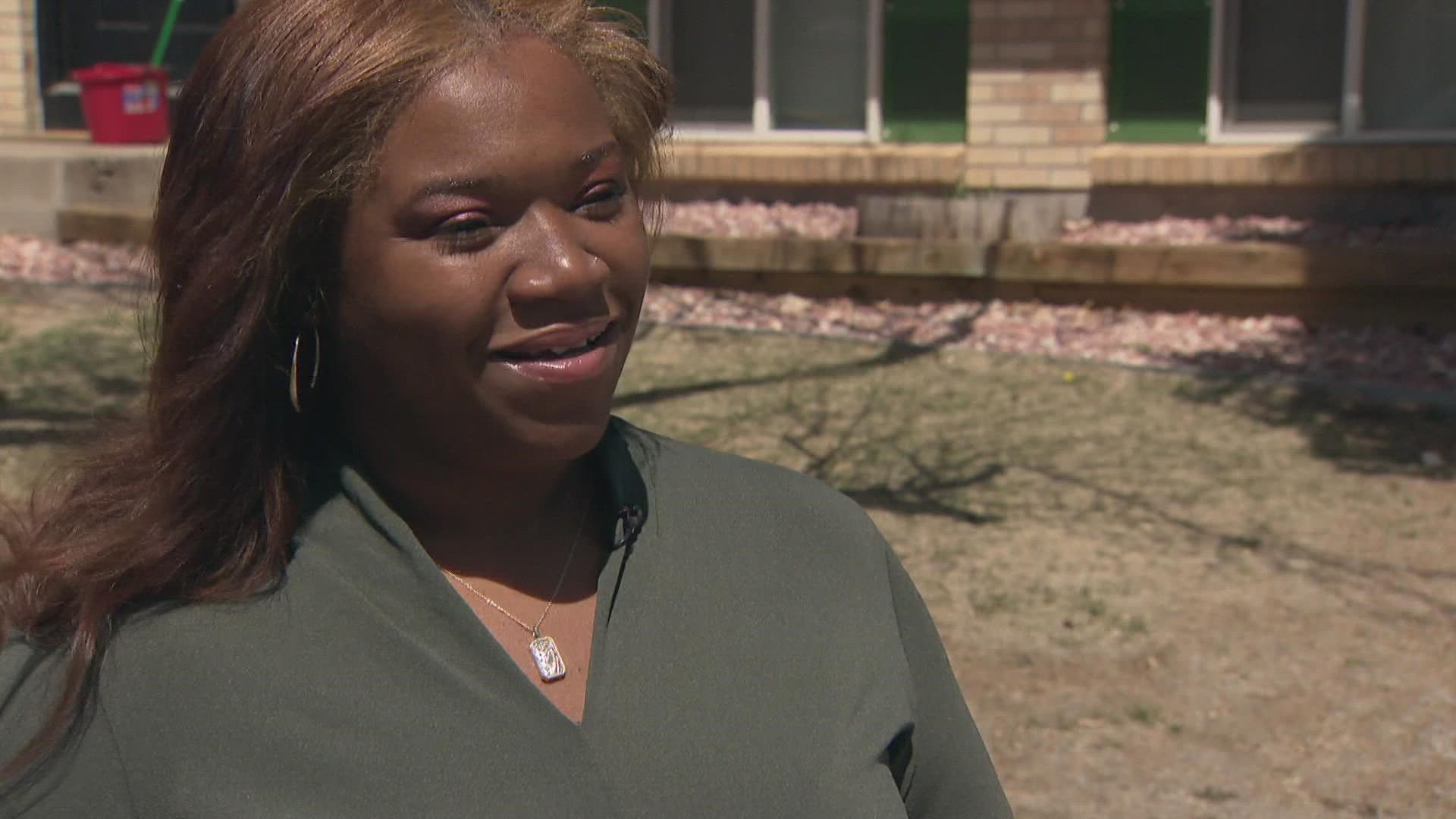DENVER — Holidays are a good time for reflection, so on 420, the biggest celebration of all things weed, 9NEWS asked Sarah Woodson to reflect on the state of diversity in the industry.
Woodson is the founder of The Color of Cannabis, an organization that helps people of color get into the marijuana industry.
“Overall, I’m feeling optimistic because you literally have to feel that way because cannabis is so hard," Woodson said. "It’s a very hard industry.”
Woodson knows from experience. About six years ago, she started Kush and Canvases, a business offering art classes with cannabis consumption. Woodson also runs a new marijuana delivery business.
“I’m a transporter with a delivery license," she said. "The majority of all of the new people of color that are entering are falling into that bucket. It’s still a heavy financial lift to get in.”
A 2020 report prepared for Denver's Department of Excise and Licenses found that 75% of marijuana business owners surveyed were white and 6% were Black.
Colorado's Marijuana Enforcement Division reported that nearly 17% of the state's cannabis businesses were minority-owned as of Jan. 1.
Woodson would like to see the percentage increase.
“We still don’t have store ownership, cultivation ownership, marijuana products ownership," Woodson said. "That’s still lacking.”
In April 2021, Denver overhauled marijuana rules and regulations, which opened the door for social equity applicants to enter the industry. Right now, only those people who qualify as social equity applicants can apply for most marijuana licenses in Denver.
Woodson supports the program, but said she'd like to see the qualifications tightened for social equity applicants.
“What we’re seeing happen is that the criteria is a little too loose, and so people are now benefiting from the program that already have the resources,” Woodson said.
Woodson said she would also like setback rules changed, because she sees them as a potential barrier for new business. In Denver, a new dispensary can't open within 1,000 feet of an existing dispensary.
"That rule was put in place for existing industry," Woodson said. "It should not follow social equity people. We can’t put stores in neighborhoods that we’ve historically grown up in: Five Points, Montbello, Park Hill - because it’s considered undue concentration.”
Ultimately, Woodson said she'd like to see more ownership across the board for people of color and legalization of marijuana on the federal level.
"It’s the most regulated industry," Woodson said. "It’s very difficult to navigate and it’s cash-heavy, and so when you’re lacking all of those things, you need someone to show you the light and provide a pathway for you to enter."
SUGGESTED VIDEOS: Latest from 9NEWS

